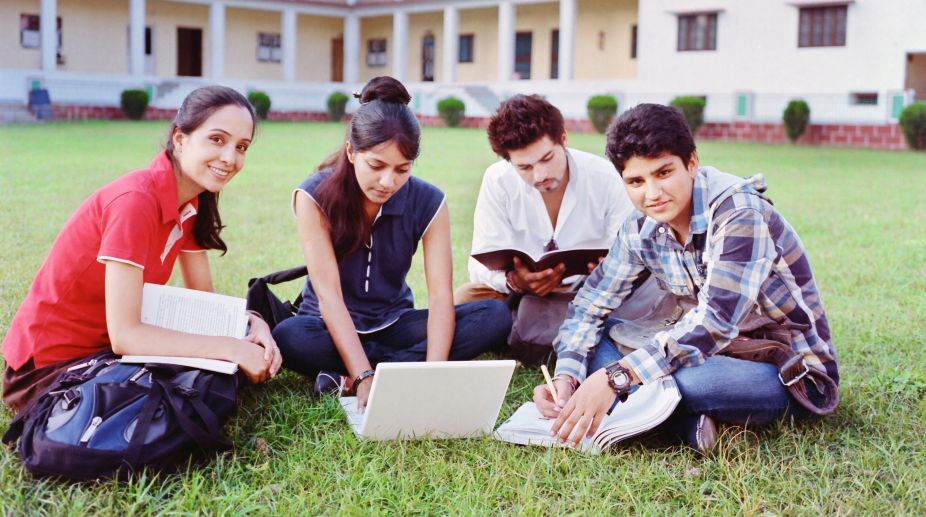Jharkhand unveils ambitious plans for education, science and innovation
The Jharkhand government has unveiled ambitious projects aimed at propelling the state into a new era of education, science, and innovation.

(PHOTO: Getty Images)
A 2015 report by the United Nations Educational, Scientific and Cultural Organisation Institute of Statistics mentions that 74 countries face an acute shortage of teachers. Nigeria tops the list and India falls second. The country needs about 3,70,000 new teachers to meet the demand for primary education and 3 million by 2030.
Given all these statistics, there is a need to look at different means of learning delivery in the country. The Indian education sector is undergoing changes towards a digital revolution and there is a change in the relationship between students and teachers. Owing to the increased Internet penetration and the use of mobile devices, technology is modernising how education is delivered and disseminated.
Advertisement
It is not only making learning more enjoyable and engaging but also redefining the way teachers feel about their role in the system. The field of e-learning has given rise to digital classrooms which are beyond the limits of time, location, and demography. Many advanced digital learning tools have enabled students and teachers to learn and teach better. It has lead to the creation of adaptive learning and teaching. Many startups are changing the way education is delivered and making it accessible to one and all.
Advertisement
The formula for effective teaching comprises not only imparting knowledge but also gauging at depth level of understanding of each student and offering personalised learning mechanisms. The current system is undergoing dramatic changes in terms of technology use and the way education is being packaged, presented, and delivered. 24 X 7 learning environments have now sprung up which cater to wider strata of participants. E-learning programmes and innovative online coaching platforms are giving students and professionals’ greater choice in terms of new learning arenas as well as the pace at which it is imparted.
Technology- enabled digital classrooms have brought in the concept which allows for greater interaction at an individual level as well as peer sharing and discussion. One such startup integrating technology with education is HelloClass. The app is beneficial to students and instructors alike.
It not only offers an integrated tutoring service but also connects tutors to a larger audience, allowing them flexibility in terms of teaching hours and convenience.
Education today is not restricted to the four walls of a classroom. With virtual classrooms, learning has become attainable and one can get access to materials from everywhere and at any time. Digital learning is now being used as a flipped classroom further adding value to how education is imparted.
This has also become more adaptive and collaborative with more weightage being accorded to practice, experience, and sharing knowledge in a collaborative environment. Teachers and students alike can be located in any part of the world but through digital technology, they can interact with each other at the click of a button.
A last mile in digital learning will be impactful only when the larger vision of integrating technology into the education system becomes a reality. All this would require investment in digital infrastructure and e-content that is affordable as well.
There is a lot of governmental focus on integrating technology with learning throughout India, as one of the components of the Digital India programme. Technology integration is aiming to not only take education to every doorstep but also meet the demand for quality providers in the country. The future of e-learning looks promising and has immense potential.
The writer is co-founder and cheif executive officer, HelloClass
Advertisement